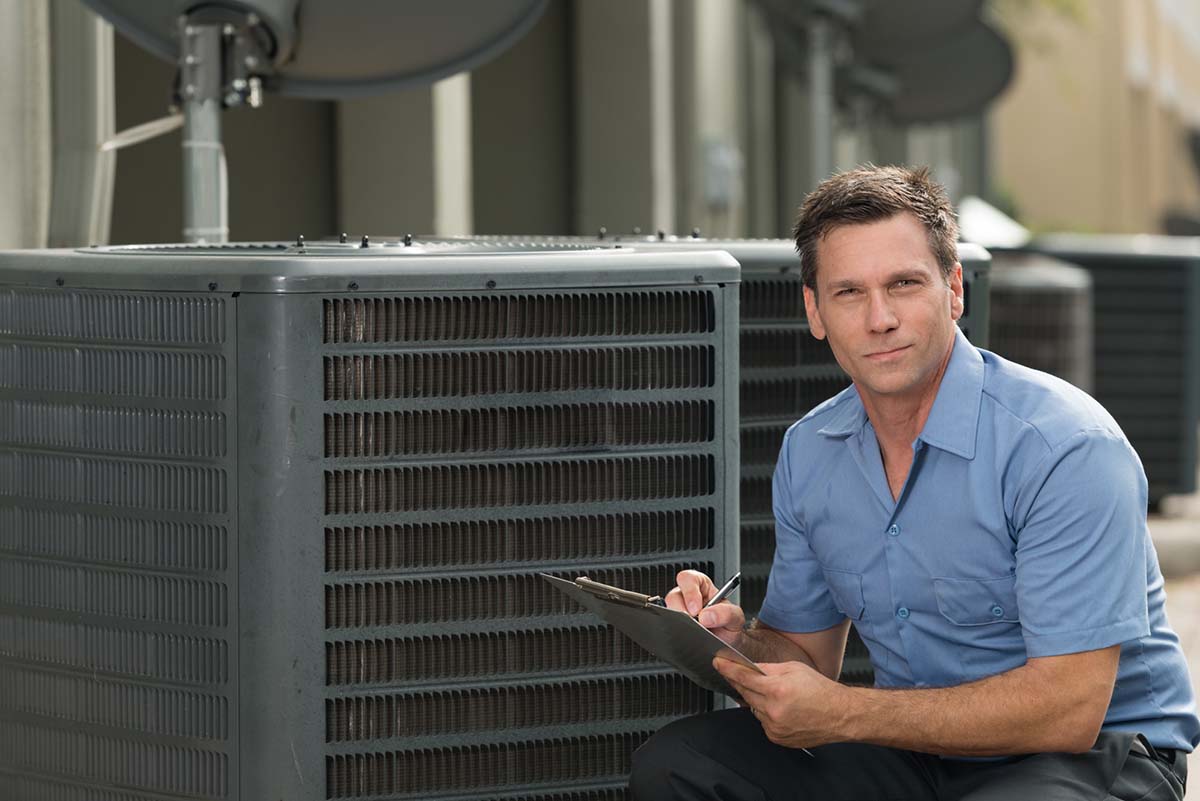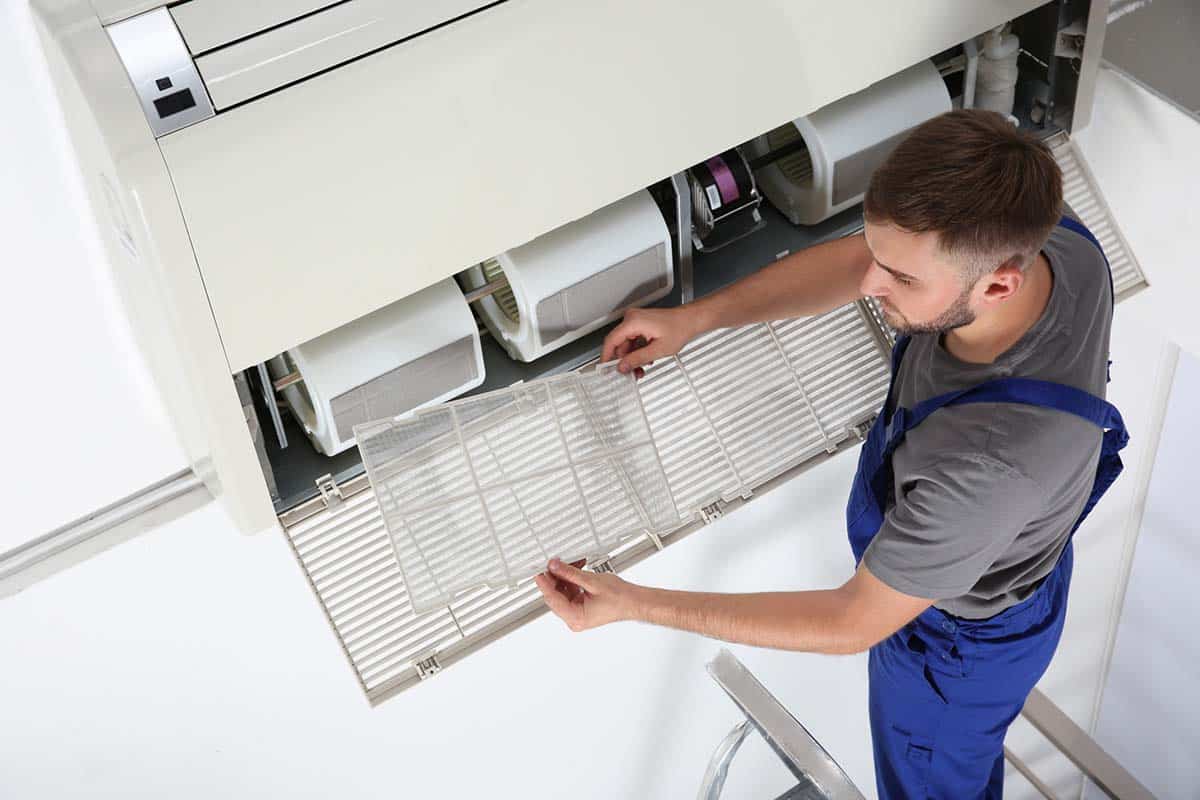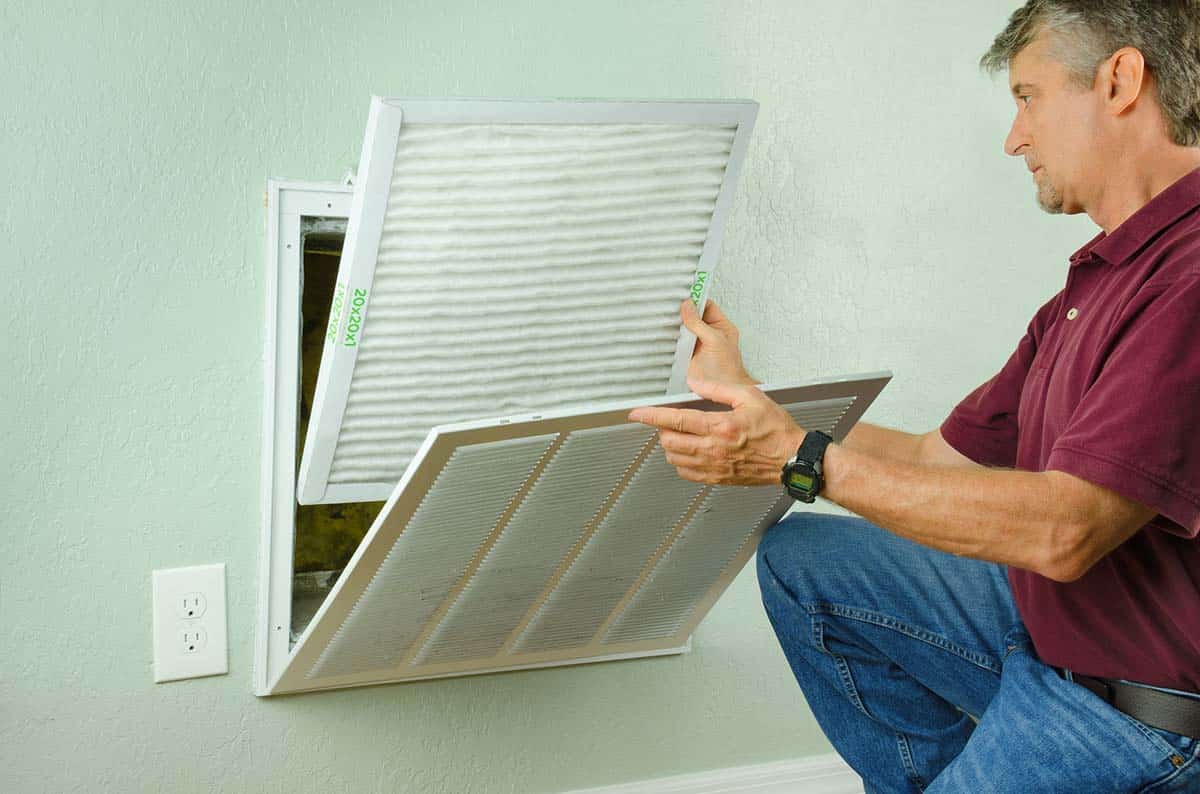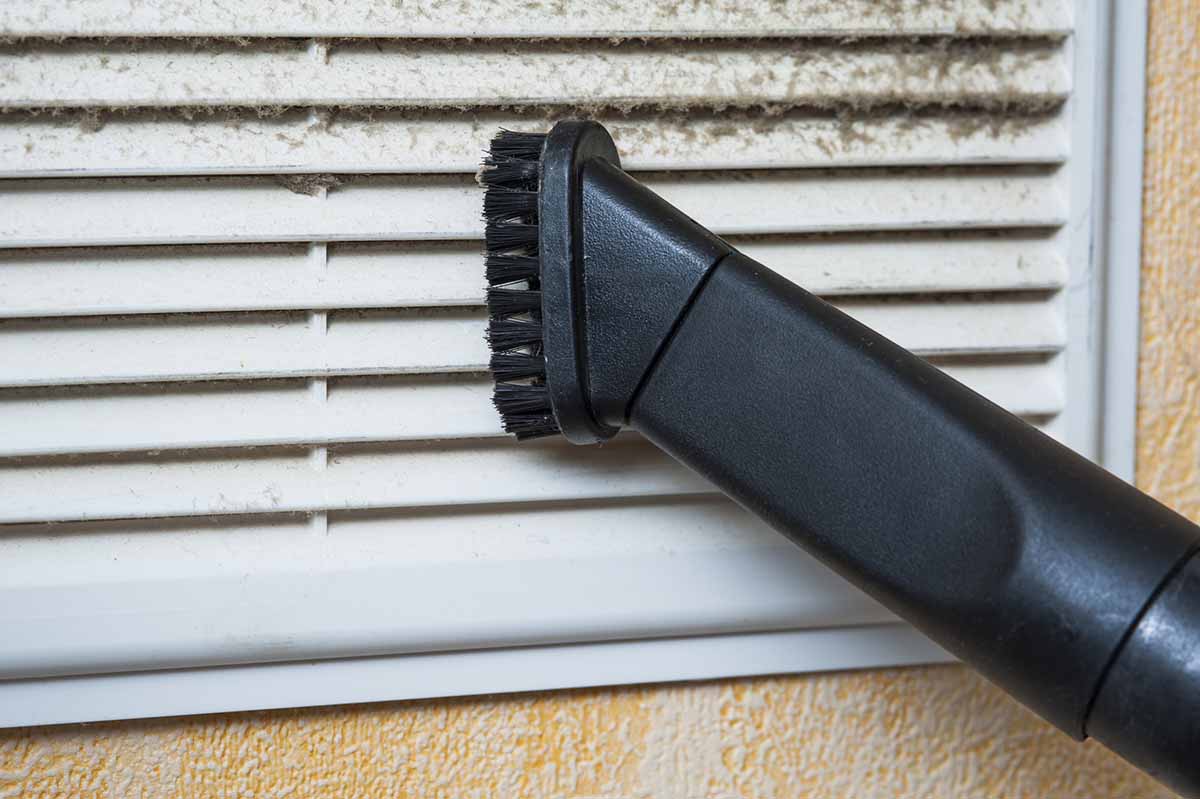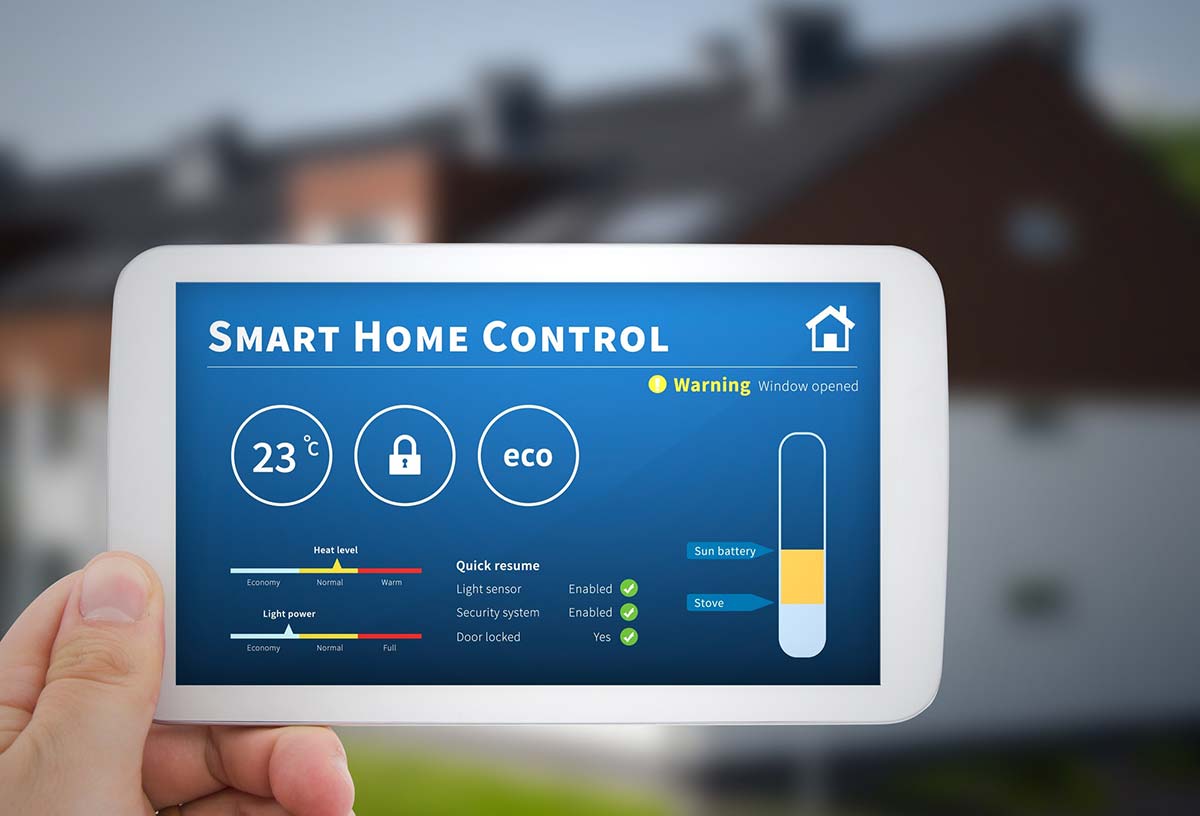HVAC vs AC: What Are the Differences?
HVAC vs AC: How much do you know about the differences between the two? Read on to learn more about the differences between them.

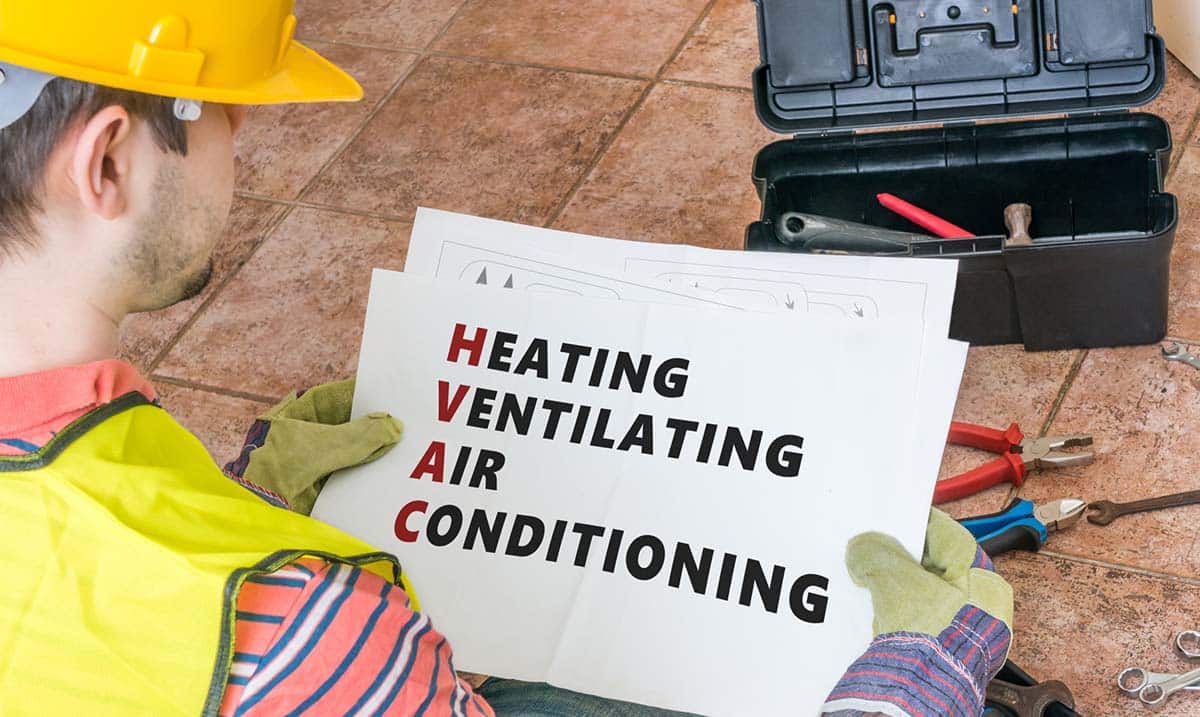
Did you know that the average cost of emergency home repairs in 2021 was $2,231? This was a 42% increase compared to 2020, and the numbers are likely to remain higher since more people are spending time at home from remote jobs and changes in lifestyle since the pandemic.
Now that summer is quickly approaching, and you turn your AC unit on for the first few times, you might wonder what the difference is between HVAC vs AC. For help getting started with replacements, repairs, and everything in between, we have you covered!
In our complete HVAC guide, we will go over what an HVAC is, how it differs from an AC, and how to save the most money on repairs or replacements, so keep reading on for more information!
What Is HVAC?
HVAC is an acronym for heating, ventilation, and air conditioning. There are several types of HVACs that can be broken down into four categories:
- Split systems
- Hybrid
- Ductless
- Packaged
Within an HVAC system, you will have different components. The most popular HVACs are split systems, which use an air conditioner placed outside and a furnace inside. These HVAC units have multiple components, including coils, compressors, refrigerants, and fans.
The furnace or heater is typically positioned in the basement and uses gas dispersed via fans or evaporators. Arguably, one of the best benefits of an HVAC is its humidifier or air purifier. Upgraded HVACs have high-end technology regulating air pollutants and maintaining comfortable indoor humidity levels.
Most experts recommend that indoor humidity levels remain between 30% and 50%.
HVAC vs AC
Now that you know more about an HVAC system, you can see how an AC is closely intertwined. Every HVAC includes an AC component. Depending on your system, you may have a packaged or separate unit.
There are pros and cons to this. If your AC unit goes out in a packaged system, you will likely need to replace the entire HVAC. An AC repair on a split system can target repairs only on the AC unit and possibly save you money.
An AC is important for several reasons, including:
- Cooling homes
- Maintaining humidity levels
- Circulate and filter air
- Remove pollutants and mold
How can you tell if your AC needs to be repaired? The most obvious sign is that it is not turning on. Other key signs you may need an AC repair company are:
- Blowing hot air
- Leaking water
- Unusual sounds
- Unusual smells
If you delay AC repairs, you could risk further damage and higher repair costs. Sometimes, the culprit could be something as small as changing the air filter. Other repairs involve clogged lines, leaking fluids, or damaged parts.
HVAC vs AC Guide Replacement
Do you need to replace your furnace and AC simultaneously? Not necessarily. It depends on your system, and you will want the expertise and knowledge of a skilled HVAC technician to help you decide which option is more cost-friendly.
Depending on how frequently you use your AC or furnace also determines how much wear and tear is on your system. Here is a general breakdown of how long appliances last:
- Furnaces: 15 to 20 years
- Heat pumps: 16 years
- AC units: 10 to 15 years
It is highly likely that your AC unit might go out before your furnace. Remember that if you are already inching up on two decades for both, you may be better off changing your entire HVAC system.
Energy Efficiency Savings
Swapping out your HVAC or AC unit can save you money on energy bills and improve your overall energy efficiency rating. Newer appliances are more innovative and have higher SEER ratings.
SEER is an acronym that stands for Seasonal Energy Efficiency Ratio. It is how efficient your AC unit works, and federal regulations require that new units meet minimum criteria. Central air conditioners are one of the more common AC units found nationally.
Compared to AC units made in the 1970s, new models are 30% to 50% more energy efficient. Most people do not have AC units that old, but experts found that even AC units ten years old are 20% to 40% less efficient than today’s models.
These newer AC models also have higher SEER ratings and meet updated government regulations, ensuring your home is comfortable while saving you money in the long run.
Importance of HVAC Maintenace
Regular HVAC maintenance involves your AC and should not be neglected. Here are some primary signs you need an HVAC repair company:
- High energy bills
- Allergy or asthma flare-ups
- Frequent cycling
- Extended cooling times
Additionally, you should consider doing a simple check before using your AC once temperatures start warming up. Check for leaks and clean any debris.
Consider changing your air filter at this time and scheduling an annual maintenance check. This will help you avoid future problems or hefty repairs long term.
How Much Does a New AC Cost?
If you have decided to upgrade your AC model this summer, you can expect costs to average approximately $5,651. The range for central air conditioners is between $3,800 to $7,500, depending on the size and model.
Ductless split air conditioning systems can cost more than that, but you will have to weigh the pros and cons of installing ductwork to accommodate a central unit. A large percentage of the cost ties into installation and labor, which may make it worthwhile to opt for an entire HVAC replacement.
Finding a Reliable HVAC Company
When debating the differences between HVAC vs AC, you now know there are likely more similarities. Most homes are set up with HVAC split systems, including a separate furnace and AC. If you need simple AC repairs, it is more cost-friendly than fixing the entire system.
When it comes to replacing your AC, ask your HVAC technician about the pros and cons of an HVAC replacement. While it will cost more money upfront, you may save hundreds of dollars on annual energy costs.
Are you ready to get started? Check out our specials and call us today!

